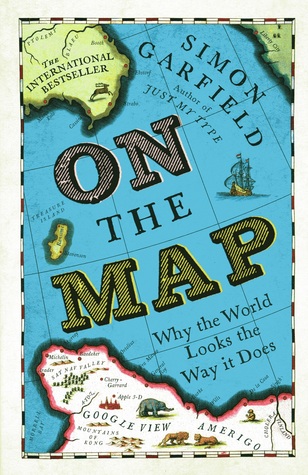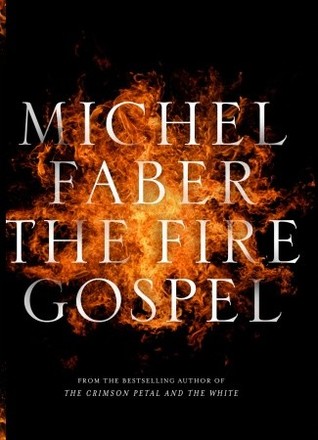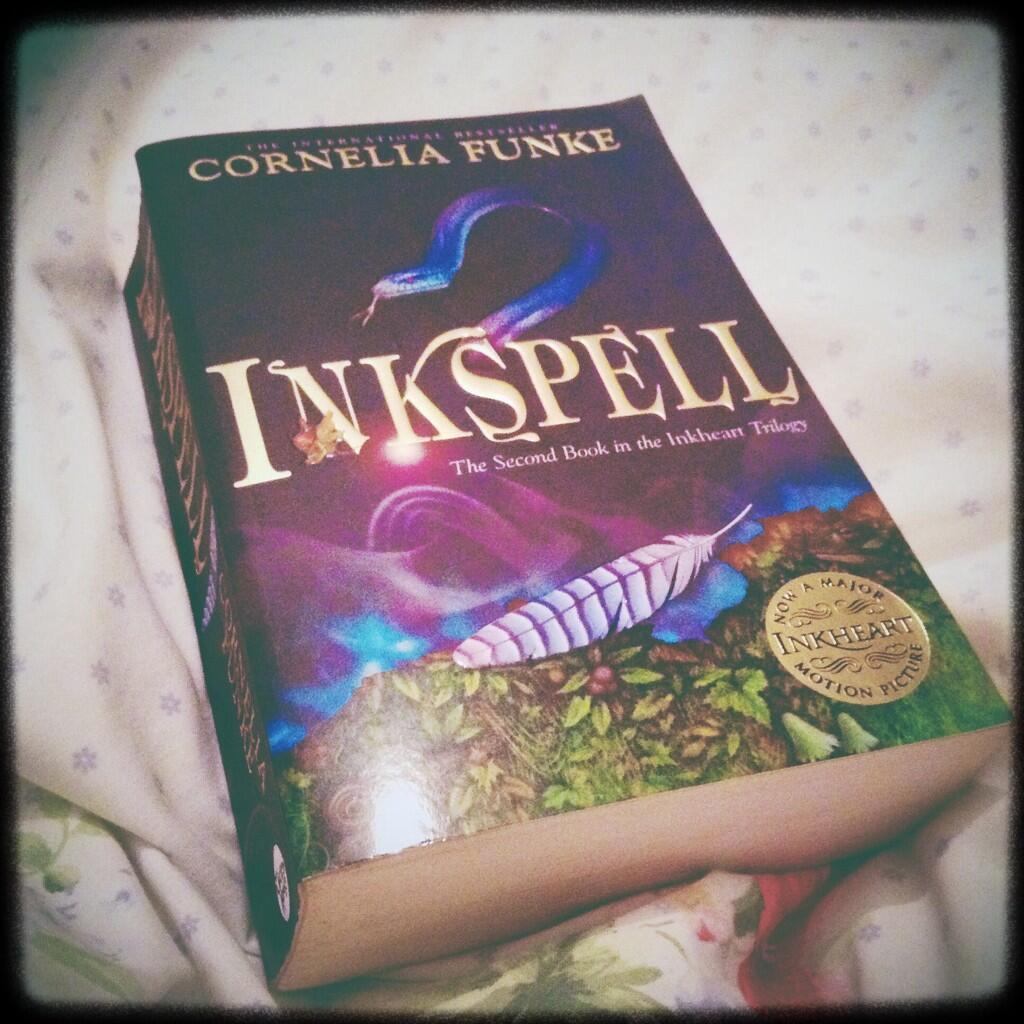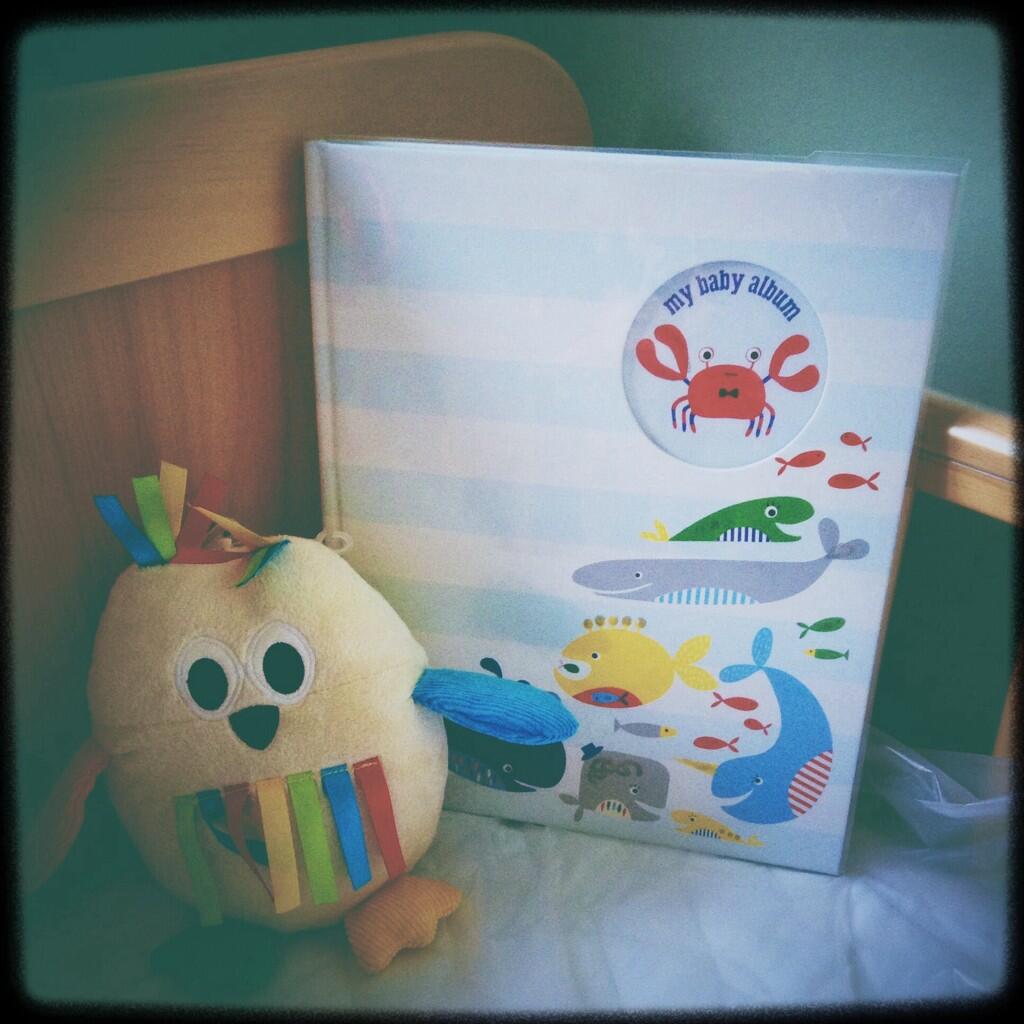The story opens with Theo Griepenkerl, an academic, visiting a looted museum in Iraq, looking for artefacts he can ship back to Canada. Quite accidentally, he stumbles across the archaeological find of the century, nine papyrus scrolls that together are a fifth Gospel, an account of the life and death of Jesus written by a first hand witness. Overcome with visions of grandeur, Theo wastes no time publishing a translation of the gospel and waits for the praise and money to come rolling in. But he has under-estimated the impact the controversial gospel will have on the world, from Christians uncomfortable with the portrayal of Christ, to Arabs and atheists.
I think The Fire Gospel suffered from my high expectations of it. I was expecting the combination of Faber plus Canongate Myths to produce something special, but ultimately I thought The Fire Gospel was just an OK sort of book. I did really enjoy the satirical tone of the writing (especially the fake Amazon reviews, which I could just imaging being written in real life) and the reactions of different groups of people to the gospel were perceptively observed. The main character Theo is quite unlikeable in his drive for money and recognition, but this is all part of the satire and Faber pulls it off well.
The main problem I had with The Fire Gospel was that it felt like so many opportunities in the story were missed. I wanted more examination of reactions to the gospel, more discussion of the effect it had on the major religions and more of the controversy, and I know Faber would have been capable of writing that story. Instead, I got accounts of Theo's new ability to score with the ladies, and even when something major happens near the end, it's not fully explored.
The Fire Gospel is still an interesting an thought-provoking book that I sped through in just two sittings. It had a lot of potential, but for me it just missed the mark.
Source: Personal copy
First Published: 2008
Score: 3 out of 5























